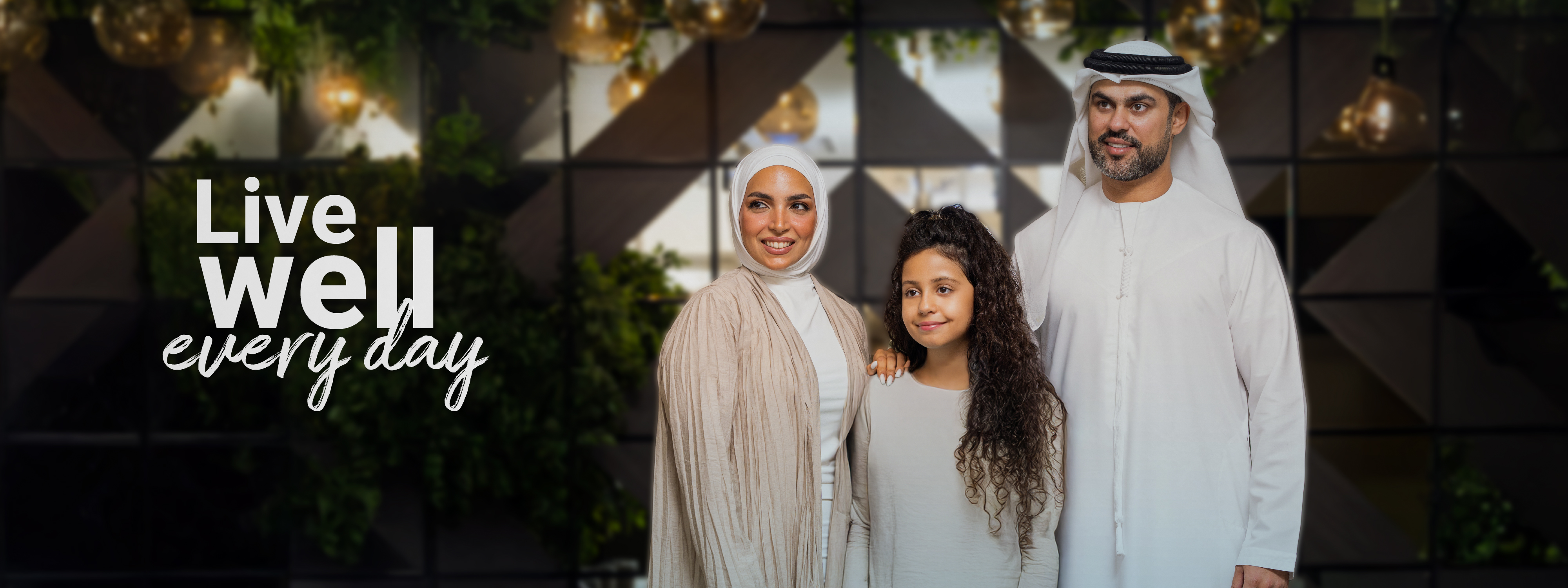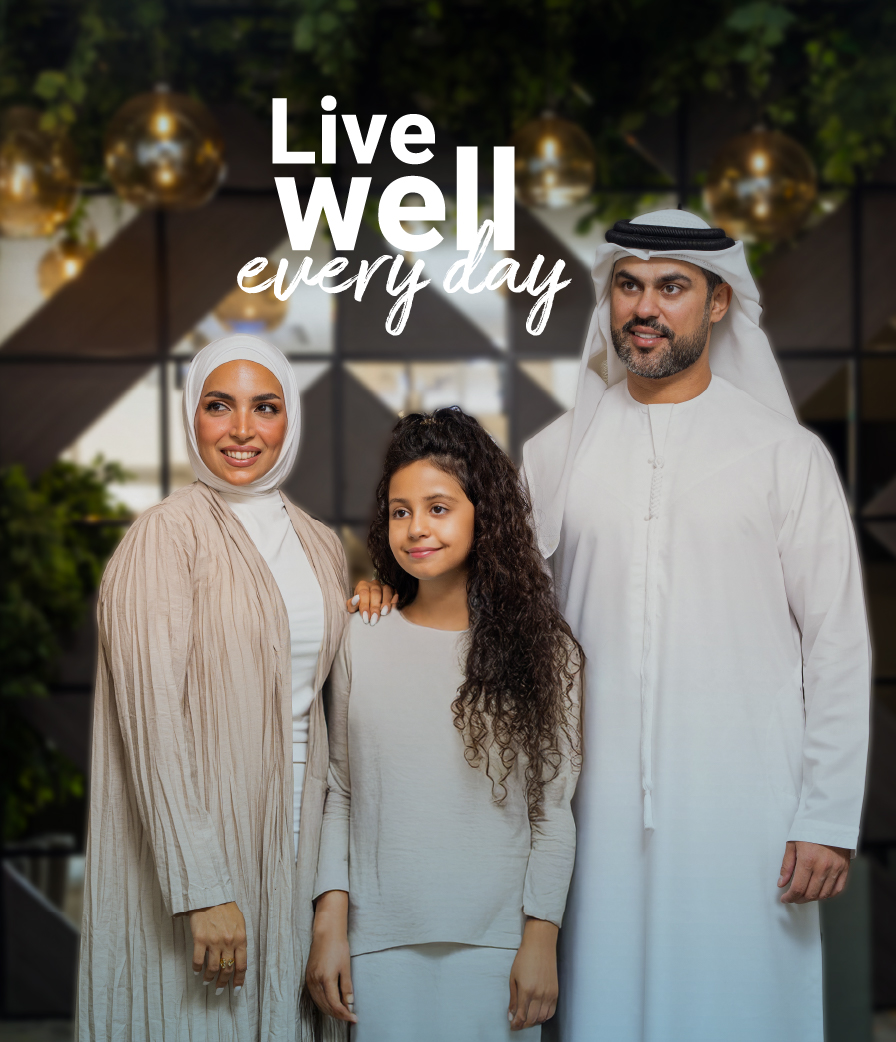 8+ years of exp
8+ years of exp
Languages
English, Marathi and HindiClinics
HealthHub – Al Qusais
HealthHub Day Surgery – Festival City
Home › Comprehensive Eye Exams

Your vision is priceless, and maintaining healthy eyes is essential for a high quality of life. Our ophthalmology department in Dubai offers comprehensive eye exams – a complete eye check-up tailored for adults – to safeguard your sight. In the hustle of modern Dubai life, with long hours in front of screens and intense year-round sun, it’s easy to neglect eye care. A thorough eye exam is the first step in detecting issues early and keeping your eyes healthy. Whether you’re experiencing vision problems or just due for a routine check, our experienced eye doctors in Dubai are here to help you see clearly and comfortably.
During a comprehensive eye exam, our ophthalmologists perform a series of precise diagnostic tests to evaluate every aspect of your vision and eye health. We use state-of-the-art, no-brand, advanced equipment (for example, computerized visual field analyzers and high-definition imaging) to ensure nothing is overlooked. Here’s what a complete eye exam typically includes:
Each of these diagnostic methods helps create a complete picture of your eye health. By performing a complete eye check-up in Dubai with these tests, we can detect problems early – often before you notice any symptoms – and ensure you get prompt treatment and advice.
A comprehensive eye exam doesn’t stop at diagnosis. If our comprehensive eye exams reveal any issues, our team will guide you through a personalized treatment plan. We pride ourselves on providing both medical and surgical treatmentsright here in Dubai, along with guidance on lifestyle changes to support your eye health. Depending on the findings of your exam, treatment options may include:
By combining these approaches – medical treatment, possible surgical care, and lifestyle adjustments – we ensure that you receive holistic eye care. Our goal is not only to address any current issues but also to prevent future problems and help you maintain the best vision possible.
Taking care of your eyes is an ongoing process. Prevention and proactive habits can significantly reduce the risk of developing serious eye problems. Here are some key tips for maintaining healthy vision and managing your eye health over the long term:
By following these preventive tips and adhering to your eye specialist’s advice, you can significantly reduce the risk of vision loss and enjoy healthy eyes throughout adulthood. Remember, prevention and early intervention are far easier and more effective than treating advanced eye problems. Your everyday choices – from wearing sunglasses to taking screen breaks – make a real difference in your long-term eye health.


Most adults should have a comprehensive eye exam every 1-2 years. If you have perfect vision and no known risk factors, a check-up every two years is generally fine. However, if you wear glasses or contact lenses, or if you have conditions like diabetes (which can affect the eyes), it’s wise to get an exam annually. After age 60, yearly eye exams are recommended, as age-related eye conditions can develop more quickly. Regular exams ensure any changes in your vision or eye health are caught early
Simple lifestyle adjustments can have a big impact on your eye health. First, give your eyes regular breaks from screens and close-up work – practice the 20-20-20 rule to ease digital eye strain. Protect your eyes from harmful UV rays by wearing sunglasses outdoors, even on hazy days. Maintain a nutritious diet rich in vegetables, fruits, and omega-3 fatty acids to support eye health (nutrients like vitamin A, lutein, and zinc are especially beneficial). If you smoke, consider quitting, as smoking is a major risk factor for many eye diseases. Also, make sure you manage any chronic health issues and keep up with regular eye exams. These lifestyle habits, combined with professional care, will help preserve your vision.
Yes – a comprehensive eye exam is a very safe and routine procedure. The tests performed (like checking vision, eye pressure, etc.) are non-invasive. You might experience temporary blurry vision or light sensitivity if we dilate your pupils for the retinal exam, but this wears off after a few hours. Some people feel mild discomfort from the bright lights or the “puff” test for glaucoma, but there is no pain or risk to your eye from these diagnostics. In fact, not getting regular eye exams is far riskier, since untreated eye conditions can lead to serious vision loss. Rest assured, our team takes every precaution to ensure your comfort and safety during the exam.
The duration of treatment for an eye condition depends on the specific issue. Many solutions are quick and straightforward – for instance, if you need glasses, you can often have improved vision immediately once you get your new prescription lenses. If you’re treated for an infection or dry eyes with medication, you might use eye drops for a few weeks to resolve the problem. For more complex conditions like cataracts, the treatment is a one-time surgery that typically has a short recovery period (most patients resume normal activities within a couple of days after cataract surgery). Chronic conditions such as glaucoma require ongoing daily eye drops and periodic check-ups to keep the condition under control over the long term. No matter the treatment plan, our doctors will explain the timeline and what to expect, and will support you through every step of the process
It depends on the condition. Some eye problems can be fully cured or corrected, while others can be effectively managed to preserve vision. For example, refractive errors (like nearsightedness or farsightedness) are “cured” by corrective lenses or laser surgery – once treated, you can enjoy clear vision. Cataracts are curable with a routine surgery: the cloudy lens is replaced with an artificial one, restoring clear sight. On the other hand, certain conditions like glaucoma or macular degeneration cannot be cured in the traditional sense – they are managed with treatments to slow or halt their progression and protect your remaining vision. The good news is that early detection through comprehensive exams gives you the best chance to treat or control any issue. Our ophthalmologists will discuss the outlook for any diagnosis with you, including whether it can be cured or how it can be managed, so you have a clear understanding of your eye health and prognosis
 8+ years of exp
8+ years of exp
HealthHub – Al Qusais
HealthHub Day Surgery – Festival City